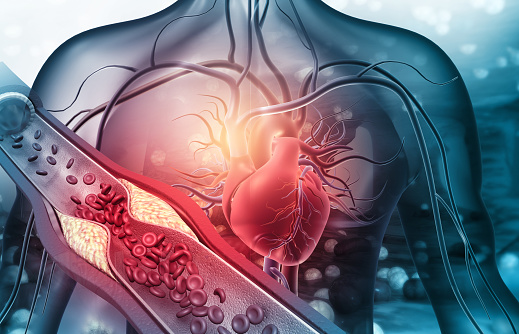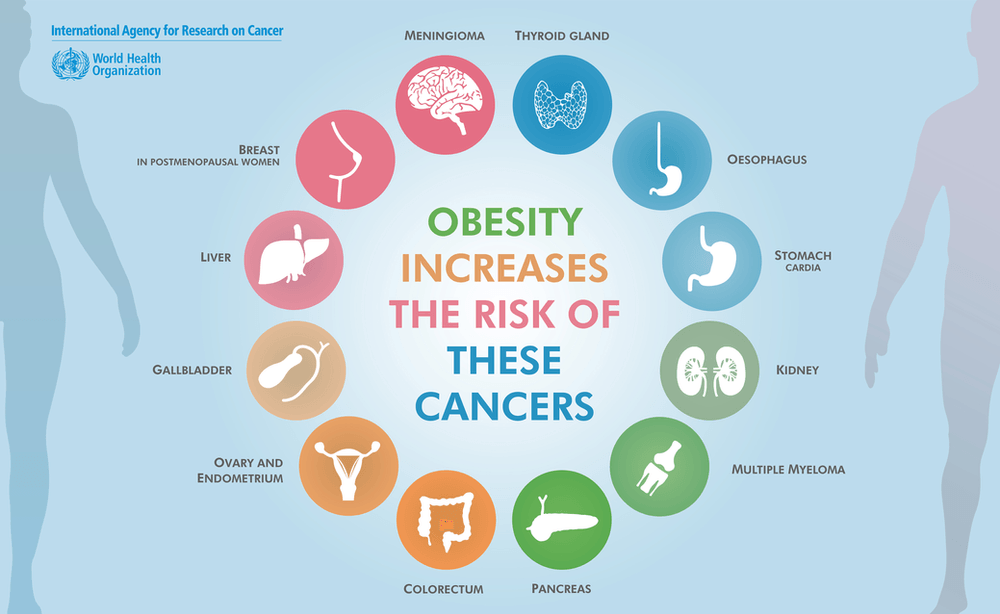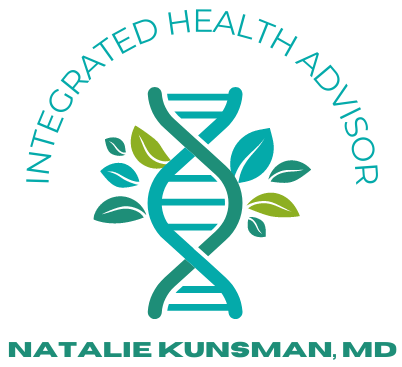Obesity directly leads to future health conditions that include cardiovascular troubles, diabetes, strokes, sleep apnea and disordered sleep, and hypertension. The public sometimes forgets that cancers stem from obesity by its pro-inflammatory compromise to the milieu that propagates cancer growth. Add in the complications of cholesterol, gastrointestinal and respiratory problems, obesity is considered lethal, BUT fixable. If you are obese, you will need to have an individualized approach to get the weight off, but here is the check list of obesity complications and how to rule them out. This may determine the aggressiveness of the diet, medications, supplements, therapist, trainer, or bariatric surgery needed to get this weight off.
· Gallbladder disease : Check liver function tests and potentially ultrasound of the abdomen.
· Diabetes : Between a finger stick poke, to blood work checking an insulin and A1C levels, this is the entry level assessment of whether you are frankly diabetic, or simply at risk.
· Cholesterol dysregulation : Check blood work, but assess deeper levels of LDL particle analysis (NMR of Boston Heart analysis) with the lipoprotein and Ape component to figure out if your risks is remarkably high for vascular compromise.
· Osteoarthritis : It is difficult for the skeletal system to carry around extra weight, and x-rays are a straightforward way to assess if you have underlying bone inflammation and calcium build up (arthritis)from carrying the extra pounds. Inflammatory blood work can assess severity and type of different arthritis that may need stronger treatment than aging arthritis.
· Hormone dysregulation and high estrogen: Levels storing in the fat cells can easily be checked in blood work but may need specialty lab involvement. Estrogen dominance and low testosterone also leads to endometriosis, thyroid, and type 2 diabetic complications. We can start with blood, but some more in-depth dried urine, urine, and saliva testing is available through those who understand their interpretation.

· Coronary artery disease: This is at the heart of the concern for obesity, and there is blood work but also heart ultrasounds, calcium scoring (Ct technology), and various stress tests available that you should discuss with your doctor. Cholesterol levels are not enough to ascertain if there is any atherosclerosis in the arterial beds.
· Respiratory problems: These can occur because of the inflammation aggravating and causing asthma, but also the “restrictive lung” lung component of the sheer difficulty of moving the rib cage in and out during respirations. You may need a chest x-ray and pulmonary function tests to assess this.
· High blood pressure: Blood pressure is easy to assess often with a blood pressure cuff. Automatic ones as well as nurses can help you with this.
· Strokes: Brain attacks are difficult to assess before they happen, but stroke risk factors include the conditions above and may start with blood work and an MRI of the brain. Checking the flow of blood through the carotid arteries is easy through ultrasound technology.
· Cancers: Tumors are multi-factorial in etiology, and clearly, obesity is a risk factor for developing cancer. The same conditions that obesity is noted for are the same risks for cancer, such as high sugar, low fiber, sedentary, and smoking lifestyles. Cancer screens come in the forms of blood work, Ct scan, MRI’s, exams, biopsies, or genetic evaluations, based upon the tumor type.

· Sleep apnea: Officially this is also a respiratory condition and is an unfortunate consequence of the body having too much tissue and pressure of breathing in the upper and lower airway. A home sleep study is a good start followed up with an in-house titration study if you have positive results with your home study.
The bottom line is to find someone adept as stratifying you into the preventive category or the disease state category as you embark your weight loss. You will need to know if you should be having more involved testing.




